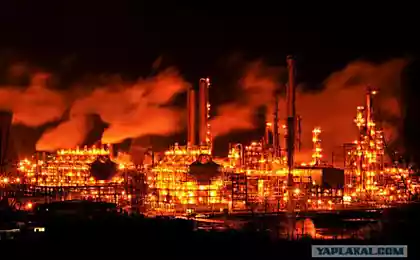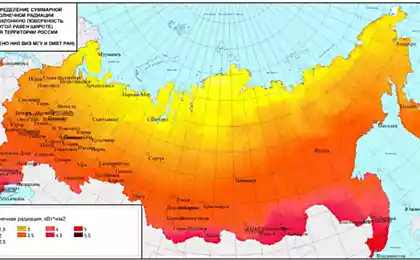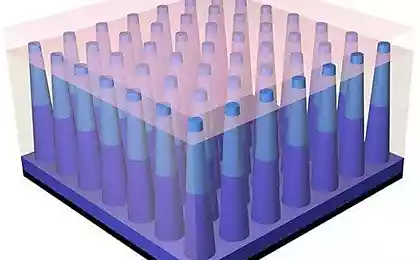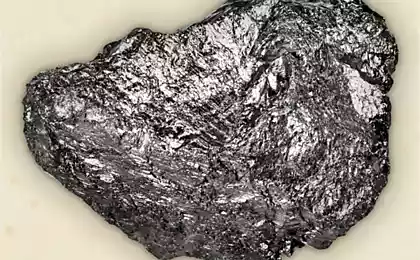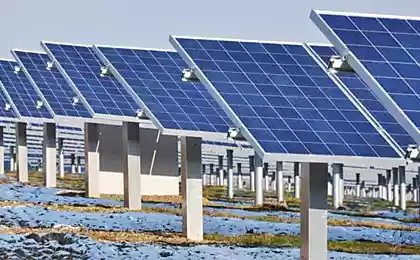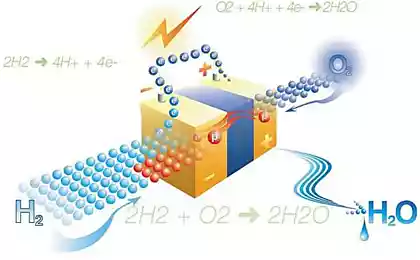131
Helmeth project - electricity into gas with high efficiency
In April, the European Union initiated the Helmeth project, which stands for Integrated High-Temperature Electrolysis and Methanation for Effective Power to Gas Conversion. The project involves several partners coordinated by the Karlsruhe Institute of Technology (KIT). With the help of this project, it is planned to increase the efficiency of the two-step process of obtaining methane by electrolysis. The pledged budget of 3.8 million euros is planned to be spent primarily on exploring ways to use heat, which is formed as a by-product, for high-temperature electrolysis up to 800 degrees Celsius in making methane from hydrogen. The final goal of the project is to build a demonstration plant with an efficiency of 85%.
It is worth noting that technologies for accumulating electric energy have existed for a long time, and the need for them is increasing. Research is ongoing in this area, with
There are several options:
Compressed air and hydrogen (more than 25 cents per kWh);
- liquid reservoirs (costs are 4-11 cents per kWh);
Hydrogen storage in the gas network (electrolysis, storage up to 5% in the gas system; main problems: corrosion, measurement accuracy);
- Electro-gas technologies: high capital investments, efficiency at the moment: hydrolysis - 30%, methane - 44%. Forecast: hydrolysis - 54-77%, methane - 49-65%. Thus, the total efficiency of the electric-gas-electric system in the future will be 40%.
The electric gas system is illustrated by the following scheme:
With the help of electrolysis we obtain heat, oxygen and hydrogen. Heat and oxygen are on sale. Hydrogen, as well as CO2 collected from the air, in a catalytic reaction form methane, which enters the gas distribution system of Germany. The total efficiency in the end is 60%. The efficiency of electrolysis is from 75%.
Today, thanks to the reservoirs, Germany is able to store gas at 200 TWh or more. However, using an energy storage system is quite expensive. At the same time, the share of hydroelectric power plants in Germany is small, and even increasing this share is too ambitious and almost impossible geographically.
Source: alternativenergy.ru
It is worth noting that technologies for accumulating electric energy have existed for a long time, and the need for them is increasing. Research is ongoing in this area, with
There are several options:
Compressed air and hydrogen (more than 25 cents per kWh);
- liquid reservoirs (costs are 4-11 cents per kWh);
Hydrogen storage in the gas network (electrolysis, storage up to 5% in the gas system; main problems: corrosion, measurement accuracy);
- Electro-gas technologies: high capital investments, efficiency at the moment: hydrolysis - 30%, methane - 44%. Forecast: hydrolysis - 54-77%, methane - 49-65%. Thus, the total efficiency of the electric-gas-electric system in the future will be 40%.
The electric gas system is illustrated by the following scheme:
With the help of electrolysis we obtain heat, oxygen and hydrogen. Heat and oxygen are on sale. Hydrogen, as well as CO2 collected from the air, in a catalytic reaction form methane, which enters the gas distribution system of Germany. The total efficiency in the end is 60%. The efficiency of electrolysis is from 75%.
Today, thanks to the reservoirs, Germany is able to store gas at 200 TWh or more. However, using an energy storage system is quite expensive. At the same time, the share of hydroelectric power plants in Germany is small, and even increasing this share is too ambitious and almost impossible geographically.
Source: alternativenergy.ru
3 kinds of animals that were immortal
The aerial photograph from Casper Kowalski—Poland from the bird's flight

